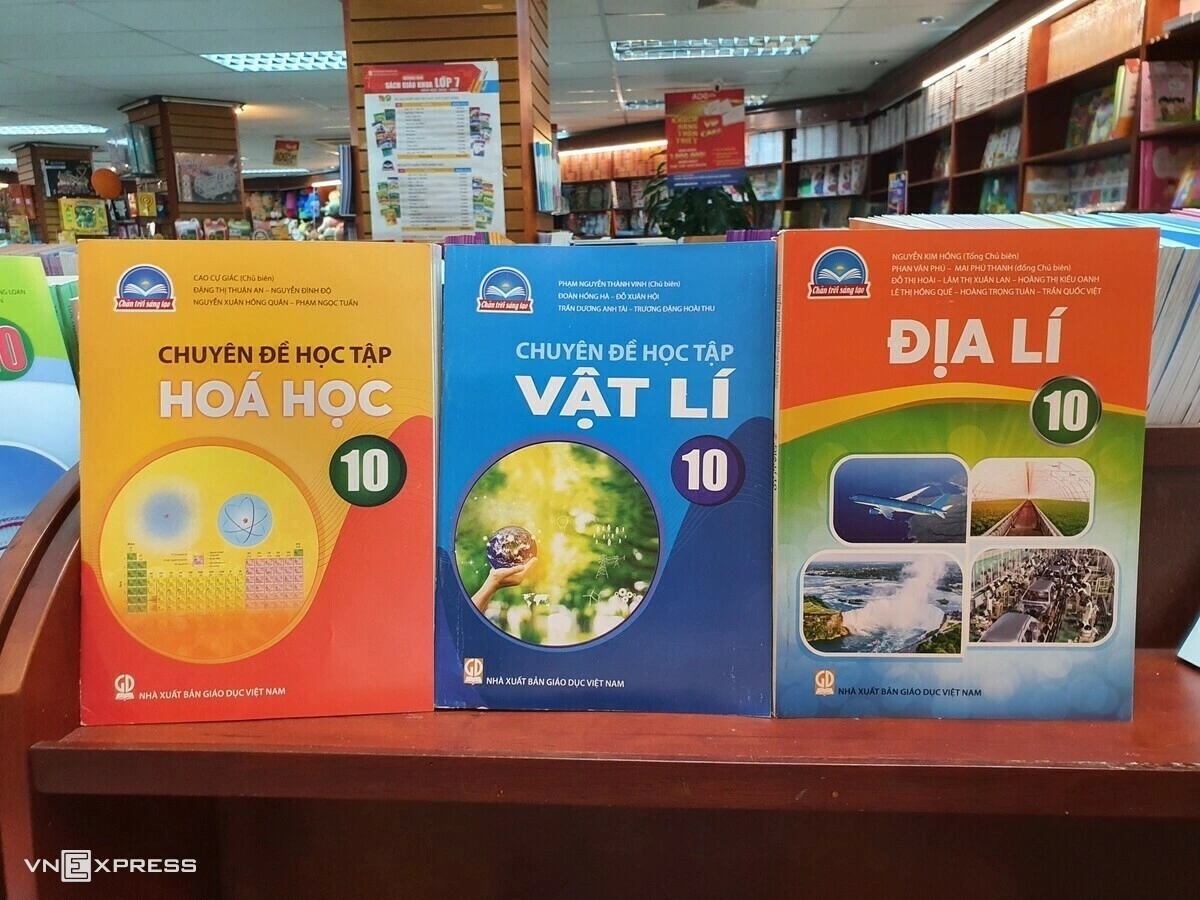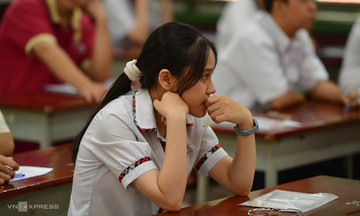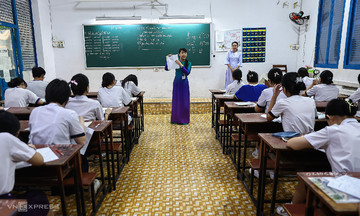The Ministry of Education and Training announced on 12/8 that it will revise several subjects' curricula to align with the two-tiered local government model and administrative boundary changes.
The Ministry outlined four guiding principles for the revisions: minimizing textbook changes, correcting scientifically inaccurate content, addressing impacts of administrative mergers and restructuring, and rectifying any limitations in the adjusted grade levels' curricula.
Planned revisions include:
Economic and Legal Education (grade 10): Revisions to the topic "Political System of the Socialist Republic of Vietnam" and "Constitution of the Socialist Republic of Vietnam."
History (grade 10): Revisions to content on "Vietnamese State and Law in History" within the elective learning module.
Geography (grade 12) and History and Geography (grades 4, 5, 8, and 9) are expected to undergo the most extensive revisions. These include adjustments to regional boundaries, names and number of provinces and cities, area and population of regions, resources, economic development, industry distribution across socio-economic regions, administrative maps, population maps, and maps of industries and economic zones in Vietnam.
History and History and Geography (grades 7 and 9): Revisions to the periodization of feudal Chinese history and the stages of Vietnam's renovation process from 1986 to the present.
According to the Ministry, the curriculum revisions aim to update content in social science subjects, ensuring accuracy and relevance following the reduction of provinces and cities from 63 to 34 and the implementation of the two-tiered government system on 1/7. These curriculum adjustments provide the legal basis for subsequent textbook revisions.
The revised curriculum is expected to be implemented in the 2026-2027 school year. Next year, schools will continue using their currently selected textbooks. The Ministry will provide training and guidance to teachers on the revised curriculum and oversee the review and revision of textbooks for certain grades to align with the updated program.
 |
Chan Troi Sang Tao textbooks. Photo: Thanh Hang. * |
The new national education program, adopted in 2018 (and referred to as the 2018 program), was implemented for grade 1 in the 2020-2021 school year.
A phased textbook replacement process was carried out concurrently, based on the principle of "one program, multiple textbooks." Schools are allowed to select textbooks based on their specific needs and circumstances. Last school year, all students from grades 1 to 12 studied under the new program.
For local education subjects, provinces and cities independently select and develop content based on their specific context and the framework program.
Thanh Hang












